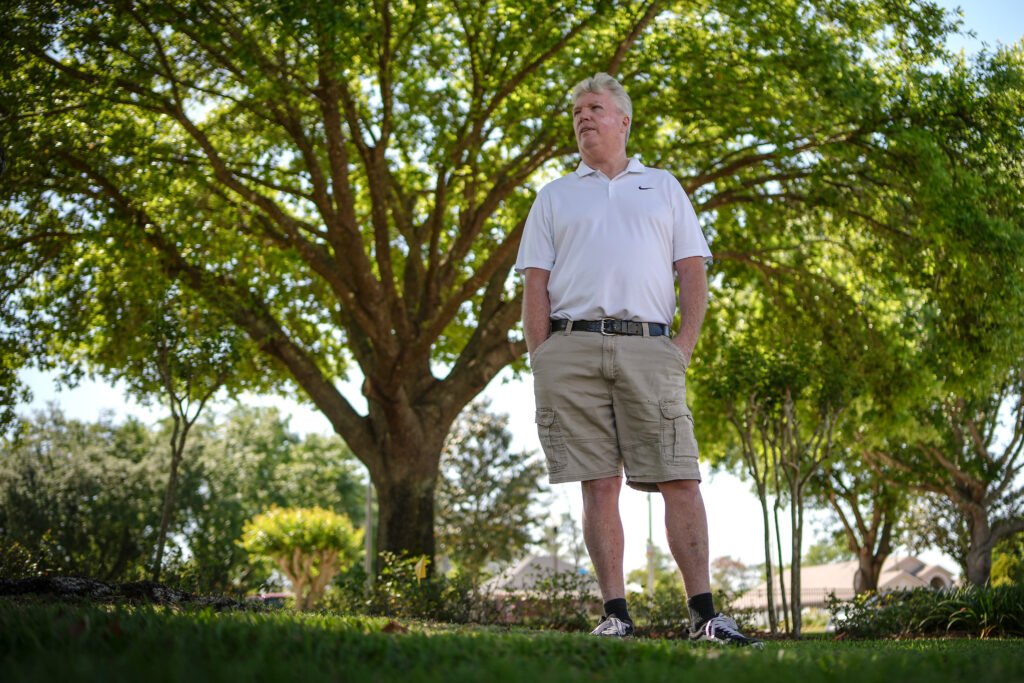On a festive Christmas Day at the WaTiki indoor water park, Hans Wirt found himself struggling to keep up with his son as they climbed the stairs to the waterslides. Little did he know that this innocent activity would soon lead to a life-threatening situation.
After returning to the hotel with his son and girlfriend, Hans started feeling nauseated and pale. Initially attributing it to the change in altitude from his home in Deltona, Florida, to Rapid City, South Dakota, Hans soon realized that something was seriously wrong.
His son’s quick thinking to call for an ambulance proved to be a life-saving decision. It was discovered that Hans, at the age of 62, was experiencing a heart attack – a devastating turn of events on what was supposed to be a joyous holiday.
Paramedics and doctors sprang into action, using a defibrillator, administering various medications, and inserting stents into his arteries to improve blood flow to his heart. Hans was then taken to Monument Health, the only hospital in Rapid City equipped with an emergency room, where he received treatment over the course of two days.
However, the relief of surviving the heart attack was quickly overshadowed by the arrival of the medical bill. The total amount came to a staggering $95,523.73, with a significant portion allocated for medical supplies and treatment in the cardiac catheterization lab.
The billing issue arose when the South Dakota hospital refused to submit the bill to Hans’s out-of-state Medicaid plan from Florida. Despite federal regulations requiring state Medicaid programs to reimburse out-of-state hospitals for emergency care, Monument Health cited its lack of enrollment as a provider with Florida Medicaid as the reason for not billing Hans’s insurance.
Amidst the confusion and mounting debt, Hans took matters into his own hands and attempted to submit the bill to his Medicaid plan. However, Sunshine Health, his managed-care plan, informed him that they could only process bills received directly from providers.
After facing threats of debt collection, Hans’s balance miraculously dropped to $0, following inquiries from KFF Health News. Monument Health had covered his bill through its charity care program, a practice required for nonprofit hospitals to maintain tax-exempt status.
Reflecting on his ordeal, Hans emphasized the need for smoother communication and assistance for patients navigating the complexities of the Medicaid system. He urged others to be vigilant and proactive in seeking help if faced with overwhelming medical bills.
Ultimately, Hans’s experience serves as a cautionary tale about the challenges of accessing affordable healthcare, especially for those reliant on Medicaid. His story sheds light on the importance of advocacy and support for patients grappling with exorbitant medical expenses.
If you have a perplexing or exorbitant medical bill that you’d like to share, don’t hesitate to reach out and tell your story. Together, we can work towards a healthcare system that is more transparent, accessible, and equitable for all.


